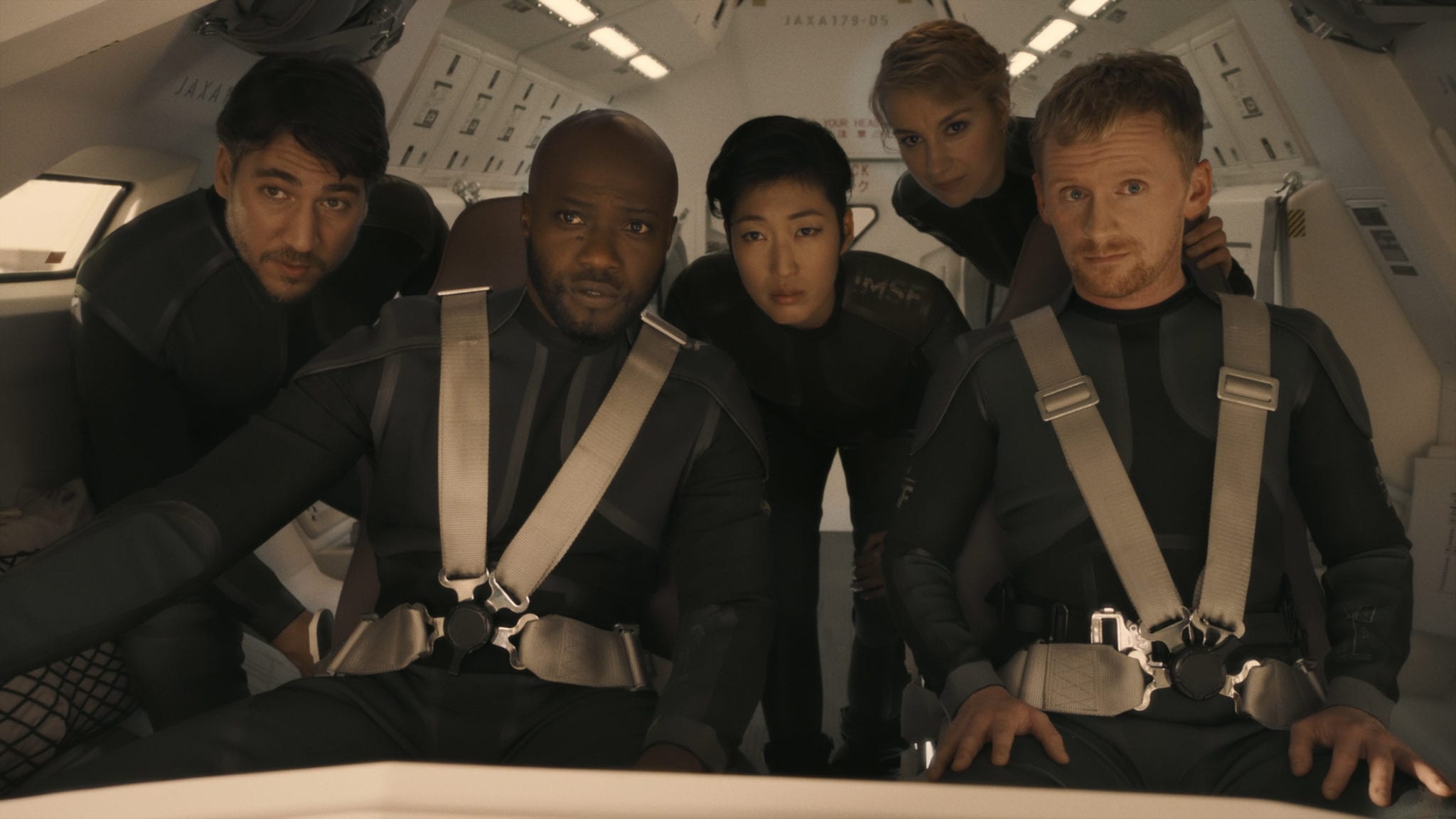
Mars S2E1: Unity Can Be A Good Thing
We have enough tensions and challenges for a lifetime?between countries, between companies, between individuals. Mars is no exception.

We have enough tensions and challenges for a lifetime?between countries, between companies, between individuals. Mars is no exception.

In Breakthrough, each episode is created by a specific director and tackles a unique aspect of how science can help society in general.

In the opening episode, broad strokes are painted as Howard intersperses the younger and elder versions of Einstein. The younger Einstein is a daydreaming free thinker; the elder is wiser yet stubborn.